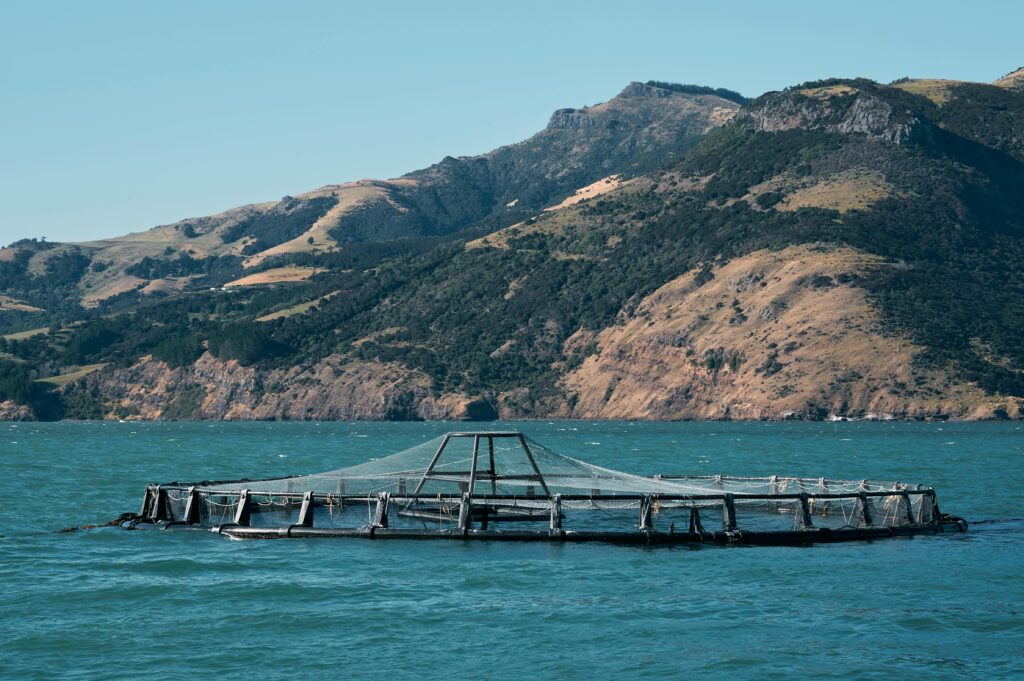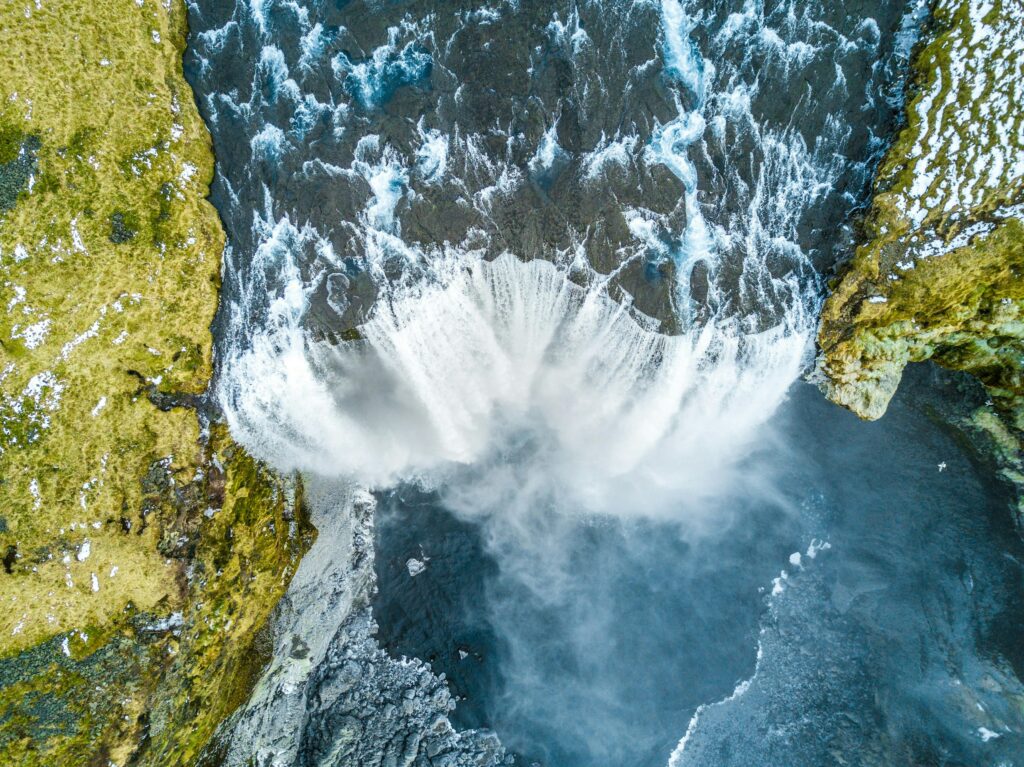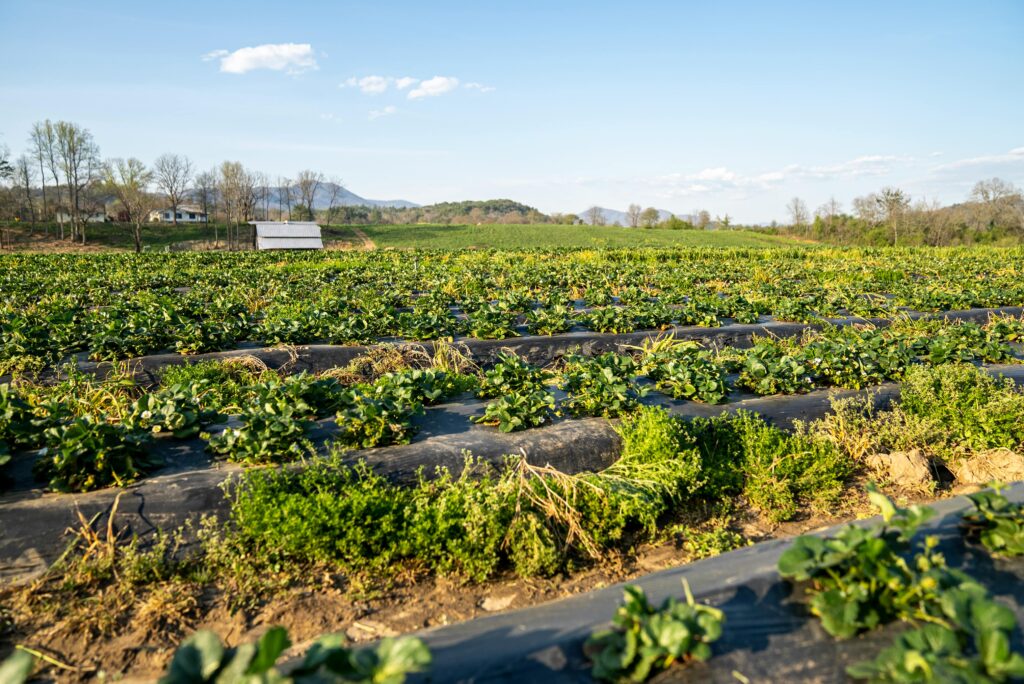Aquaculture is a rapidly growing industry that relies on maintaining optimal water quality conditions for the health and growth of aquatic organisms. Dissolved oxygen (DO) is a critical parameter in aquaculture systems, as it directly affects fish respiration and overall productivity. Monitoring DO levels is essential for ensuring the success and sustainability of aquaculture operations. […]
Dissolved oxygen (DO) is crucial for the survival of aquatic organisms, serving as a vital component for respiration. In aquatic environments, DO levels can fluctuate due to various factors such as temperature, water flow, and biological activity. Monitoring DO concentrations is essential for assessing water quality and ecosystem health. Dissolved oxygen sensors play a pivotal […]
Access to safe drinking water is essential for public health and well-being. Advanced water quality monitoring technologies, including sensors, are instrumental in ensuring the safety and reliability of our drinking water supplies. Water quality sensors deployed in drinking water treatment plants continuously monitor key parameters such as turbidity, chlorine levels, and microbial contamination. By providing […]
Water quality is a critical factor in agricultural production, impacting crop health, soil fertility, and overall productivity. To ensure optimal growing conditions and minimize environmental impact, farmers are increasingly turning to water quality sensors for real-time monitoring of irrigation water. Water quality sensors help farmers assess key parameters such as pH, electrical conductivity, and nutrient […]
In today’s era of increasing environmental concerns, the need for effective monitoring of water quality has become paramount. Water quality sensors play a crucial role in this endeavor, providing real-time data on various parameters that affect the health of aquatic ecosystems. From pH levels to dissolved oxygen concentrations, these sensors offer valuable insights into the […]
- 1
- 2





